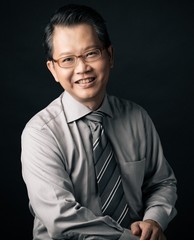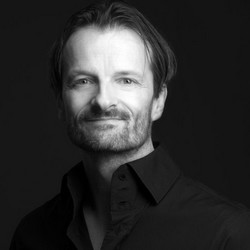Healthy Autonomy
Association for Promoting Healthy Autonomy e.V.


Raymond Foong
 We don’t listen, I don’t matter
We don’t listen, I don’t matter
“We” as a family might contain a secret code of silence, with “speech restraint” that increased the inability to speak up for ourselves and therefore betraying the “I”. Loyalty to “We” including the parents or authority figures who might put us to shame when we want to ask for what matter most to us, which explained why our “I” don’t matter. So the survival experiences that show up in our daily lives for example, like poor health, lack of wealth, addiction, difficult relationships with others, could be our surviving strategies, to comply with “We”. So when I am ready to choose to focus on myself, that “I” do matter, and to contact with my traumatised emotions, I can gradually begin to regain my autonomy.
Raymond Foong, Identity Facilitator, Counsellor, Founder of System of the Heart Community, Asia.
www.christinewong.sg
This email address is being protected from spambots. You need JavaScript enabled to view it.
Helmut Glas*
 IoPT and Parenthood
IoPT and Parenthood
The question often arises: Why IoPT before pregnancy? How should this benefit my child? If the future parents have the courage to work on their own trauma biography, they will rediscover many situations in their lives which reflect their own trauma experiences. If I myself have had a traumatizing birth, but I have never been able to process it, it will very often be the case that my own trauma is reflected in the birth of my own child.
It is not possible for the mother and father to be truly present in crucial moments. The overburdening of one's own birth is so strongly activated that emotional/physical contact with one's own child may be broken off. The child then identifies with the mother's trauma feelings to maintain attached.
By allowing oneself to go through the feelings of one's own traumatic experiences, an integration of the separated parts begins. Through integration, we can now relate to our body and our psyche differently. This makes it possible to be present during the pregnancy, the birth and the healthy development of the child.
Thus, we can perceive ourselves and the child as individuals with feelings and needs. Thus, in connecting with ourselves, it is possible to stay grounded in over-demanding situations according to our own as well as the needs of the child.
Workshopmaterials can be downloaded here (German only).
Helmut Glas, Munich, non-medical practitioner since 2011, application of the identity-oriented psychotrauma theory (IoPT) according to Prof. Dr. med. Franz Ruppert in individual, group and couple settings, BBT-binding-based consulting according to K.H. Brisch, craniosacral.
www.helmutglas.de
This email address is being protected from spambots. You need JavaScript enabled to view it.
